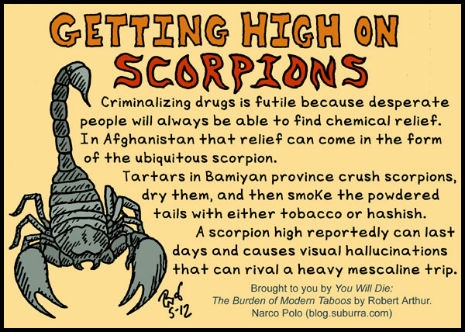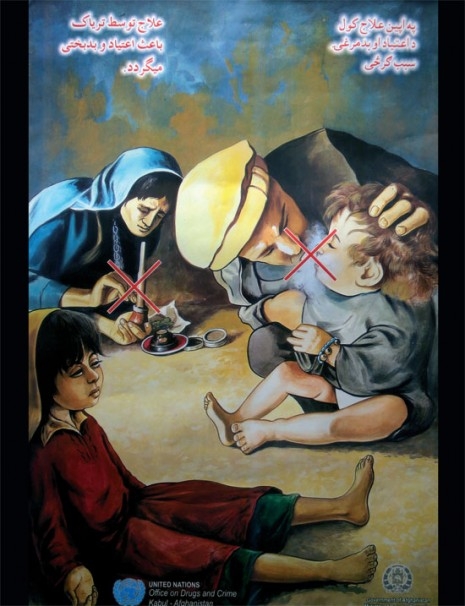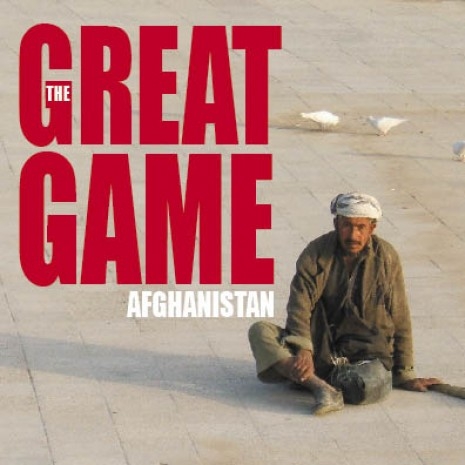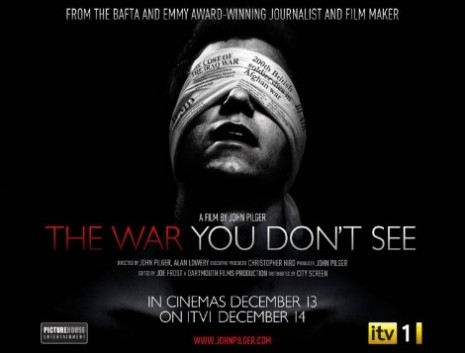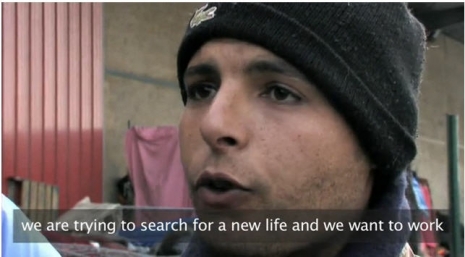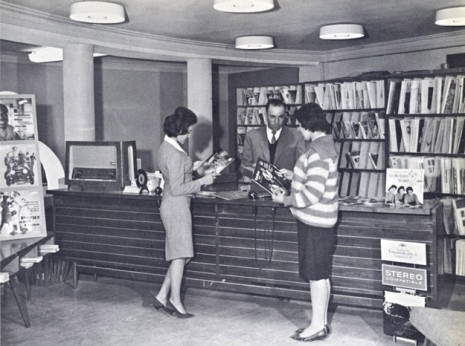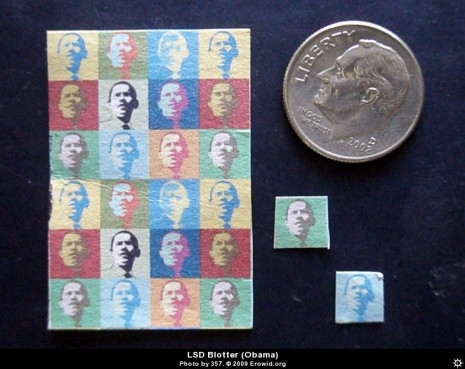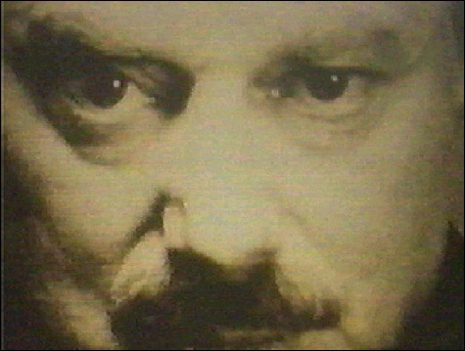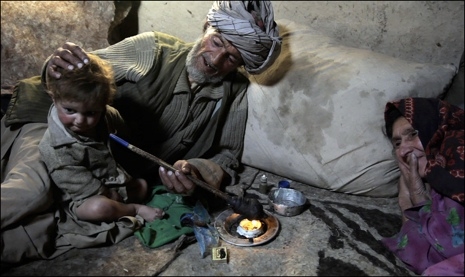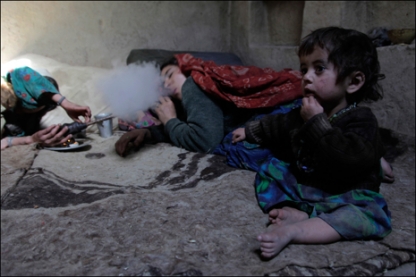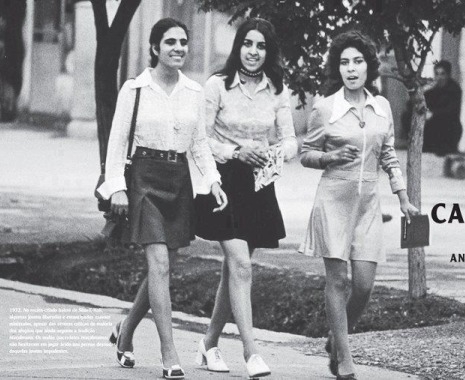
Women in Afghanistan were not always under house arrest and forbidden by law to leave their homes unchaperoned by a male relative. Once upon a time in pre-Taliban days Afghan women had access to professional careers, university-level education, shops selling non-traditional clothing, public transportation, and public spaces, all of which they happily navigated freely and without supervision.
According to a State Department report from the Bureau of Democracy, Human Rights and Labor from 2001:
Prior to the rise of the Taliban, women in Afghanistan were protected under law and increasingly afforded rights in Afghan society. Women received the right to vote in the 1920s; and as early as the 1960s, the Afghan constitution provided for equality for women. There was a mood of tolerance and openness as the country began moving toward democracy. Women were making important contributions to national development. In 1977, women comprised over 15% of Afghanistan’s highest legislative body. It is estimated that by the early 1990s, 70% of schoolteachers, 50% of government workers and university students, and 40% of doctors in Kabul were women. Afghan women had been active in humanitarian relief organizations until the Taliban imposed severe restrictions on their ability to work. These professional women provide a pool of talent and expertise that will be needed in the reconstruction of post-Taliban Afghanistan.
Even under Hamid Karzai’s government, with the recently approved Code of Conduct for women, all of the women shown in these photographs, taken in the ‘50s, ‘60s, and early ‘70s, could still can be faulted with improper behavior, according to clerics and government officials.
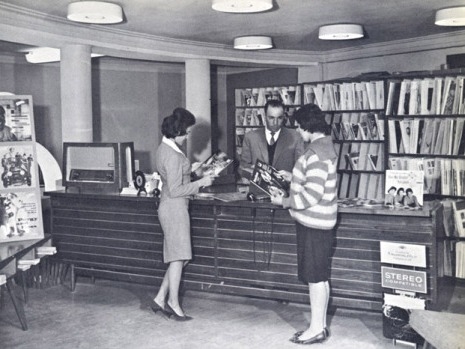
A record store in Kabul
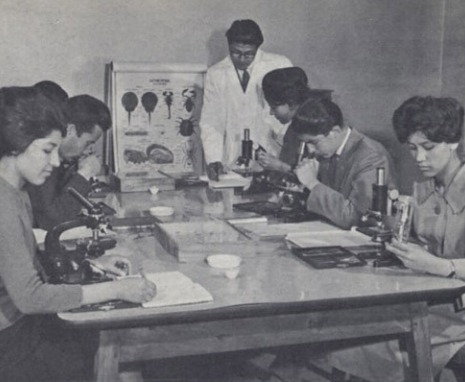
A co-ed biology class at Kabul University
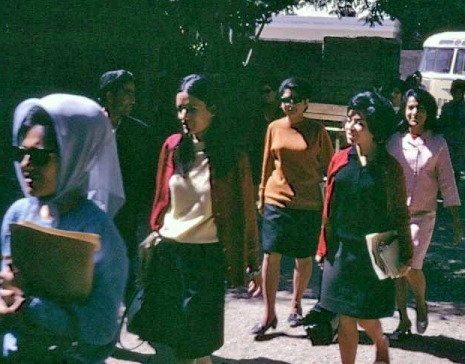
Afghan university students, 1967. Photo credit: Dr. Bill Podlich, Retronaut
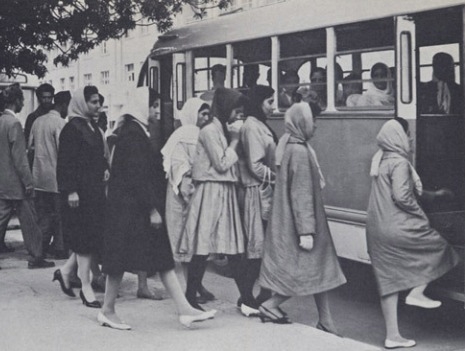
Public transporation in Kabul
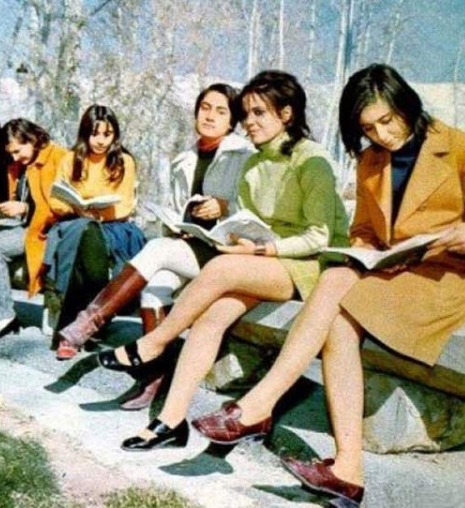
University students, early 1970s
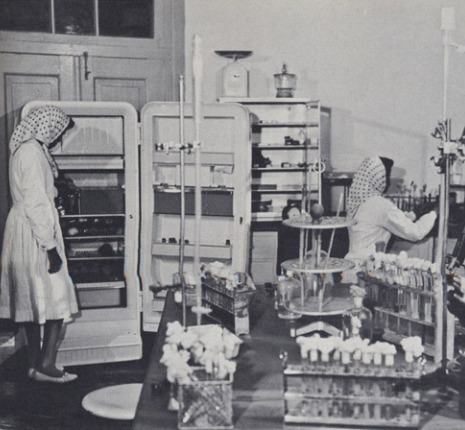
Women working in one of the labs at the Vaccine Research Center
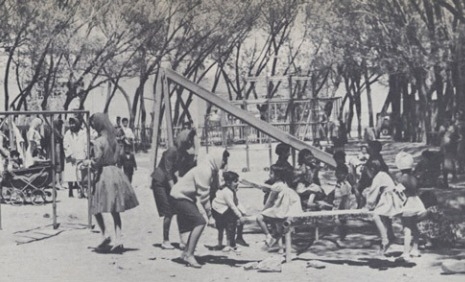
Mothers and children playing at a city park—without male chaperones
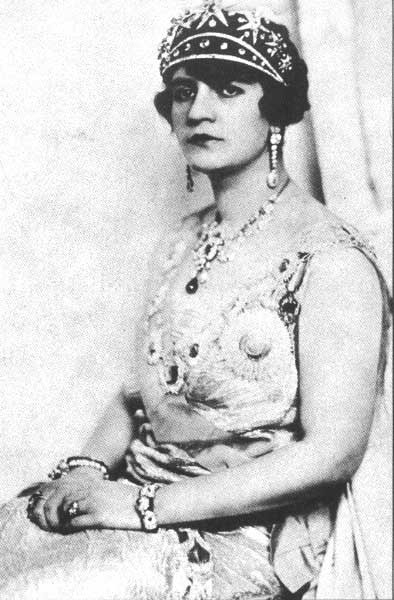
Queen Soraya reigned in Afghanistan with her husband King Amanullah Khan from 1919 to 1929. She would be slut-shamed or worse for wearing this dress in modern Afghanistan.
Compilation of vintage amateur footage of Afghanistan:
Via Retronaut and Zilla of the Resistance.






